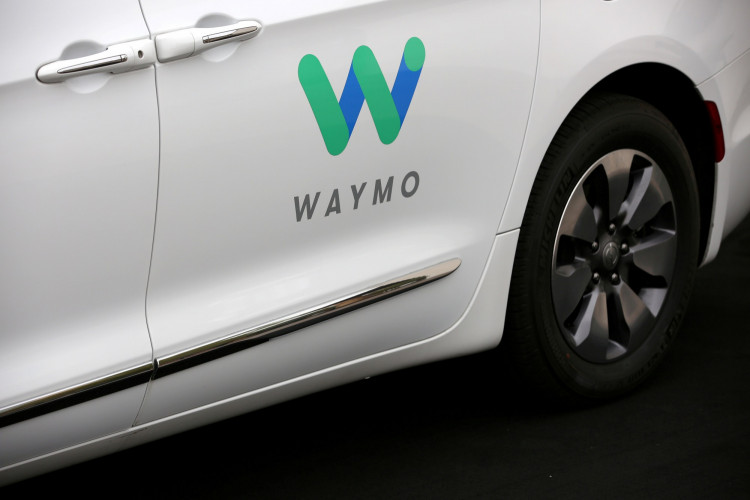Waymo and Uber, once fierce rivals in the autonomous vehicle space, are set to deepen their collaboration by expanding their robotaxi partnership to Austin, Texas, and Atlanta, Georgia, with a launch planned for early 2025. This expansion marks a significant step in the ongoing efforts by both companies to integrate autonomous driving technology into mainstream transportation services.
The partnership, which has been operational in Phoenix, Arizona, since last year, is designed to leverage the strengths of both companies. Waymo, a subsidiary of Alphabet, will provide its advanced driverless vehicles, specifically the fully autonomous electric Jaguar I-PACE, while Uber will manage fleet services such as vehicle cleaning, repairs, and other operational needs. This arrangement allows both companies to share the costs and benefits of the burgeoning robotaxi market, which has proven challenging due to high costs and regulatory constraints.
Unlike in Phoenix, where both companies' apps are operational, the services in Austin and Atlanta will be exclusively available through Uber's app. Waymo's proprietary ride-hailing app, Waymo One, will not be operational in these cities, making Uber the sole platform for hailing a Waymo robotaxi. This decision highlights Uber's vast customer base as a critical asset in scaling the service.
In preparation for the 2025 launch, Waymo has already begun testing its vehicles in Austin. Currently, the company's employees are using the Waymo One app to hail rides, and a select group of early riders will be invited to test the service before it fully transitions to the Uber platform next year. This methodical approach to scaling the service is designed to ensure safety and reliability, which are paramount in the public's adoption of autonomous vehicles.
The relationship between Waymo and Uber has not always been smooth. The two companies were embroiled in a high-profile legal battle in 2017 when Waymo sued Uber over allegations of trade secret theft and patent infringement. The lawsuit, which involved accusations that a former Google engineer and founder of Otto, a self-driving truck startup acquired by Uber, had stolen Waymo's technology, was settled after a week of trial. As part of the settlement, Uber admitted to misappropriating Waymo's technology and agreed to license it for future use.
Despite this contentious history, the companies have found common ground in the autonomous vehicle space. In addition to their robotaxi partnership, Waymo and Uber have collaborated on autonomous long-haul trucking, where Waymo's autonomous driving technology is used in trucks deployed through Uber Freight, Uber's trucking division.
This expanded partnership in Austin and Atlanta represents a significant milestone in both companies' efforts to make autonomous ride-hailing a viable and widely accepted mode of transportation. As the technology continues to evolve, the companies plan to scale the service to include hundreds of vehicles, offering a glimpse into the future of urban mobility.
Waymo's Co-CEO, Tekedra Mawakana, expressed enthusiasm for the partnership's expansion, stating, "Waymo's mission is to be the world's most trusted driver, and we're excited to launch this expanded network and operations partnership with Uber in Austin and Atlanta to bring the benefits of fully autonomous driving to more riders." Uber CEO Dara Khosrowshahi also shared his optimism, noting, "We're thrilled to build on our successful partnership with Waymo, which has already powered fully autonomous trips for tens of thousands of riders in Phoenix."
However, the road to widespread adoption of robotaxi services is fraught with challenges. The robotaxi business remains difficult due to restrictions on where autonomous vehicles can operate and the high costs associated with the technology. Moreover, human-driven services like Uber and Lyft, which face no such limitations, continue to dominate the market, with customers often prioritizing shorter wait times and broader service areas.





